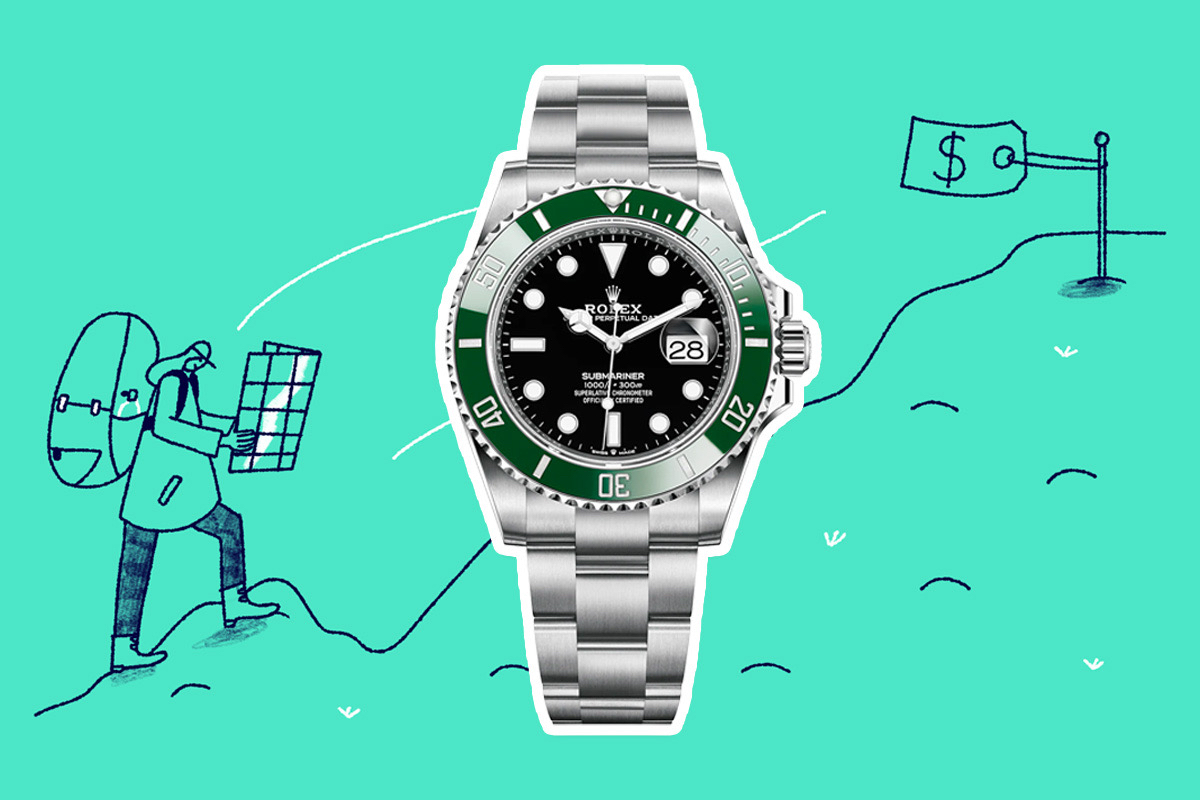While watch brands love to talk about new model releases or brand ambassadors, they’re normally pretty tight-lipped about discontinuation or price increases – and no brand is more secretive than Rolex, the world’s biggest watchmaker and the most famous luxury brand on the planet.
Hell, Rolex is so tight-lipped about price increases that, according to insiders, they don’t even give their dealers that much of a heads-up – only revealing price increases as little as two weeks ahead of time. There’s no real set schedule for price increases, either, but it’s true that they’ve been more frequent over the last decade or so.
DMARGE can confirm that as of the 1st of January, Rolex has indeed increased their retail prices for 2022… And not only that, but Australians have got a particularly raw deal.
The first thing worth noting is that the price increases aren’t even across the board. The average price increase was around 3-4%, but some models saw far greater price increases. Specifically, stainless steel models from Rolex’s “Professional” collection – which includes popular models like the Daytona, Explorer, GMT-Master and Submariner – saw average price increases of 10% or more.

But on top of that, it appears that in many cases, Australian prices for some models were increased more than prices in other markets. For example, the Rolex Submariner ‘No Date’ (ref. 124060-0001) saw a 10.3% price increase in Italy and a 10.5% price increase in the United States, but a whopping 13.5% increase in Australia.
What gives? Well, it’s a function of the Australian dollar’s performance against the Swiss franc. On top of that, Rolex (indeed, many retailers) engages in what we’d like to call “aesthetic rounding”: that is, they like to round up their prices so that they end on a zero. You’ll never see a Rolex retail for $9,468; it’ll go for $9,500. If you catch our drift.
Rolex does go to great lengths to try and make sure their watches cost roughly the same no matter where you are in the world, in order to balance supply and demand. In that sense, we’re not being singled out – this isn’t an example of the ‘Australia Tax’ i.e. because we’re a small, geographically isolated market. It’s just due to our weaker dollar.
Curated news for men,
delivered to your inbox.
Join the DMARGE newsletter — Be the first to receive the latest news and exclusive stories on style, travel, luxury, cars, and watches. Straight to your inbox.
The million-dollar question is this: will the price increase affect the current ‘Rolex drought’? Probably not. It will probably just further push prices up on the second-hand/after/grey market (whatever you want to call it), but it’s hard to tell by how much. Prices on the aftermarket have long been rather disconnected and much higher than retail prices anyway…

All this means is that Australians will still continue to pay way too much for new Rolex watches, but we’re not significantly worse off than other consumers in other markets.
Aftermarket prices might become slightly higher in Australia as a reaction to the higher local retail price, but there’s unlikely to be a notable discrepancy between local aftermarket prices and overseas aftermarket prices – if prices get too silly locally, Aussies will just buy from overseas sellers, such is the nature of the beast.
Whilst you’re here, check out our guide to the top 5 most expensive Rolex watches of all time below.

